They had the smoke: HBCU legends who left mark in Major League Baseball
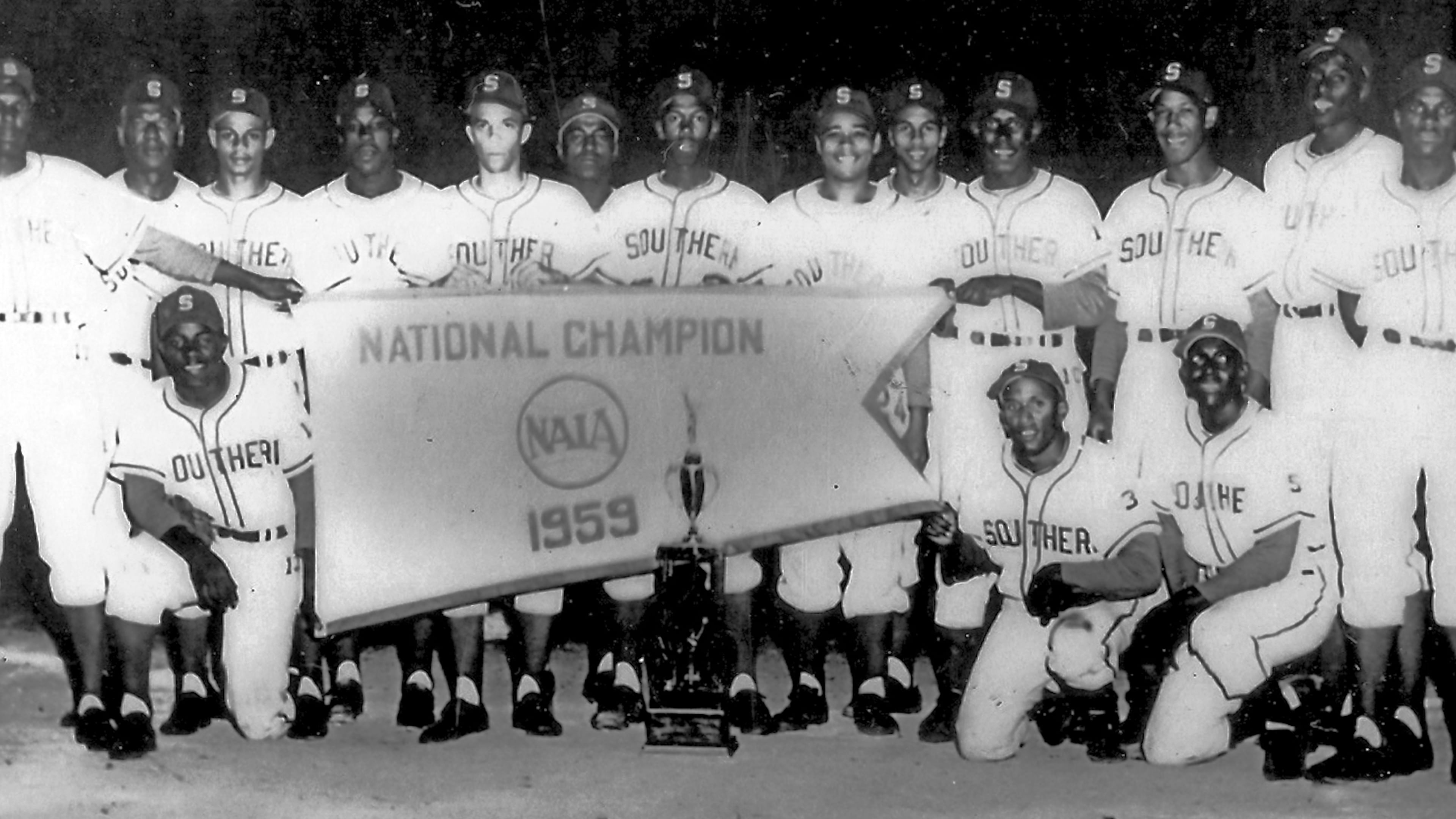
Former Atlanta Brave Marvin Freeman scoffs at the idea of having ever played a position other than pitcher — even in college.
“Man, the pitcher is the star of the show,” he said with a laugh Tuesday. “Everybody else is the supporting cast. The pitcher’s mound is a stage. No other spot on the field is raised up. I’ve always wanted that smoke.”

Freeman, who played college baseball at Jackson State University, a historically Black college in Mississippi, said that if given a chance to be seen, drafted and signed, HBCU ballplayers have always provided the smoke.
For generations, schools like Jackson State, Southern University, Florida A&M University, Grambling State University and Morehouse College have developed players who have gone on to become Hall of Famers, World Series MVPs, All-Stars, Gold Glove winners and legends of the Negro leagues.
Freeman said that opportunity is ripe now for the 50 players in Friday’s HBCU Swingman Classic at Truist Park to follow the path of other Black college legends like Lou Brock, Andre Dawson and Rickie Weeks.
“These guys have dreams, and they want to be put on the biggest stage to see if they can live them out,” said Freeman, who is now based in Powder Springs, where he is developing the next generation of pitchers through his Freeman Baseball Pro Performance Pitching training program.
“These kids rarely get this kind of exposure. I just hope they go out and put on a good show and prove to the world that HBCU players are just as capable as anybody else.”
Freeman, who played at JSU from 1982-84, said he went there out of Chicago because he was assured of playing time.

“I didn’t want to go to college and sit on the bench behind juniors and seniors for two years and not get a chance to develop my game at a higher level,” said Freeman, who was drafted by the Montreal Expos in the ninth round of the 1981 draft but did not sign. “That’s why I chose Jackson State.”
The choice paid off.
In 1984, Freeman was drafted in the second round by the Philadelphia Phillies. He spent 10 years in the big leagues, including three seasons with the Braves in the early 1990s, during the beginning of Atlanta’s era of dominance.
Other HBCU legends who became MLB stars
Along with Freeman, here’s a look at some of the greatest HBCU legends who left their mark on Major League Baseball.
- Lou Brock — Southern University: Hall of Famer and one of the greatest base stealers in MLB history. Brock collected over 3,000 hits, swiped 938 bases and helped lead the St. Louis Cardinals to two World Series titles.
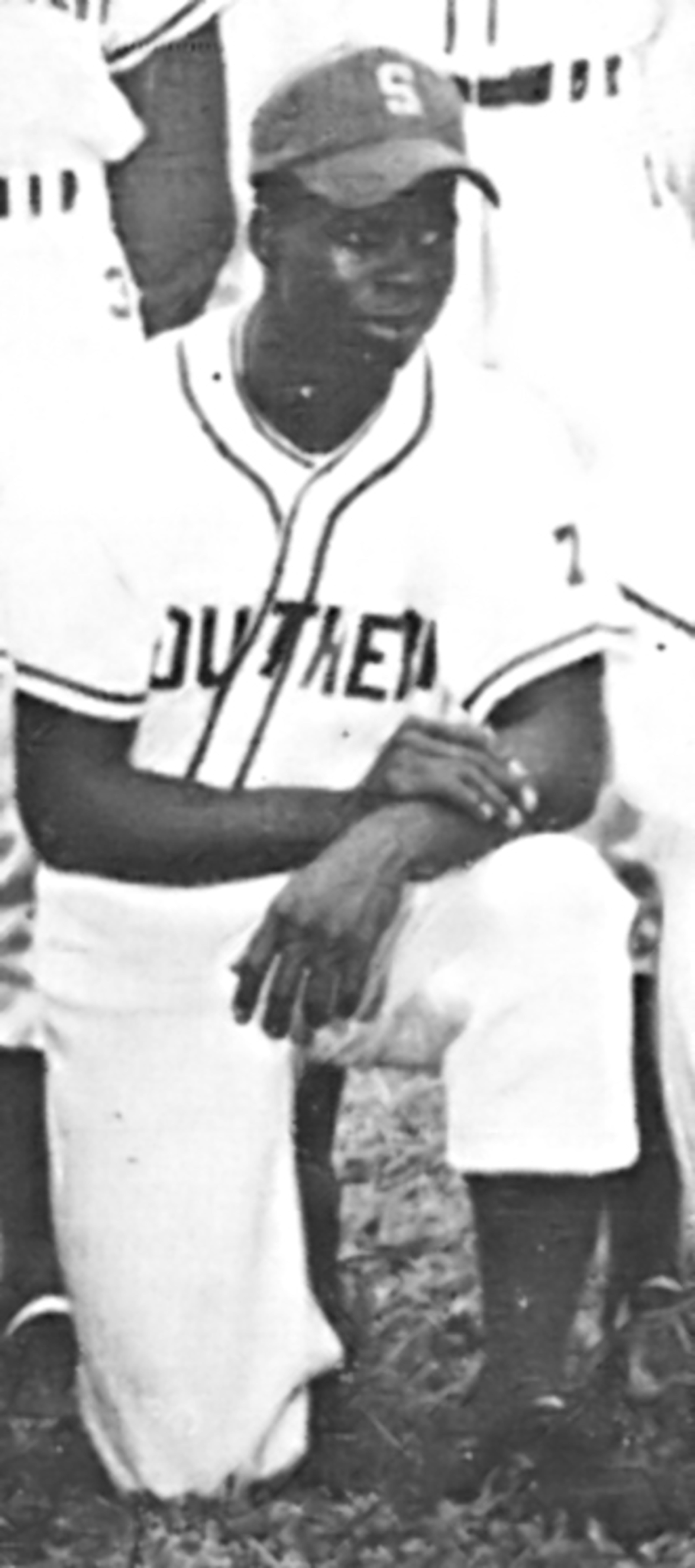
- Andre Dawson — Florida A&M: The 1987 National League MVP and Hall of Famer hit 438 home runs and was an eight-time Gold Glove selection over a 21-year career. Nicknamed “The Hawk,” Dawson starred for the Expos and Cubs before finishing his career with the Red Sox and Marlins.
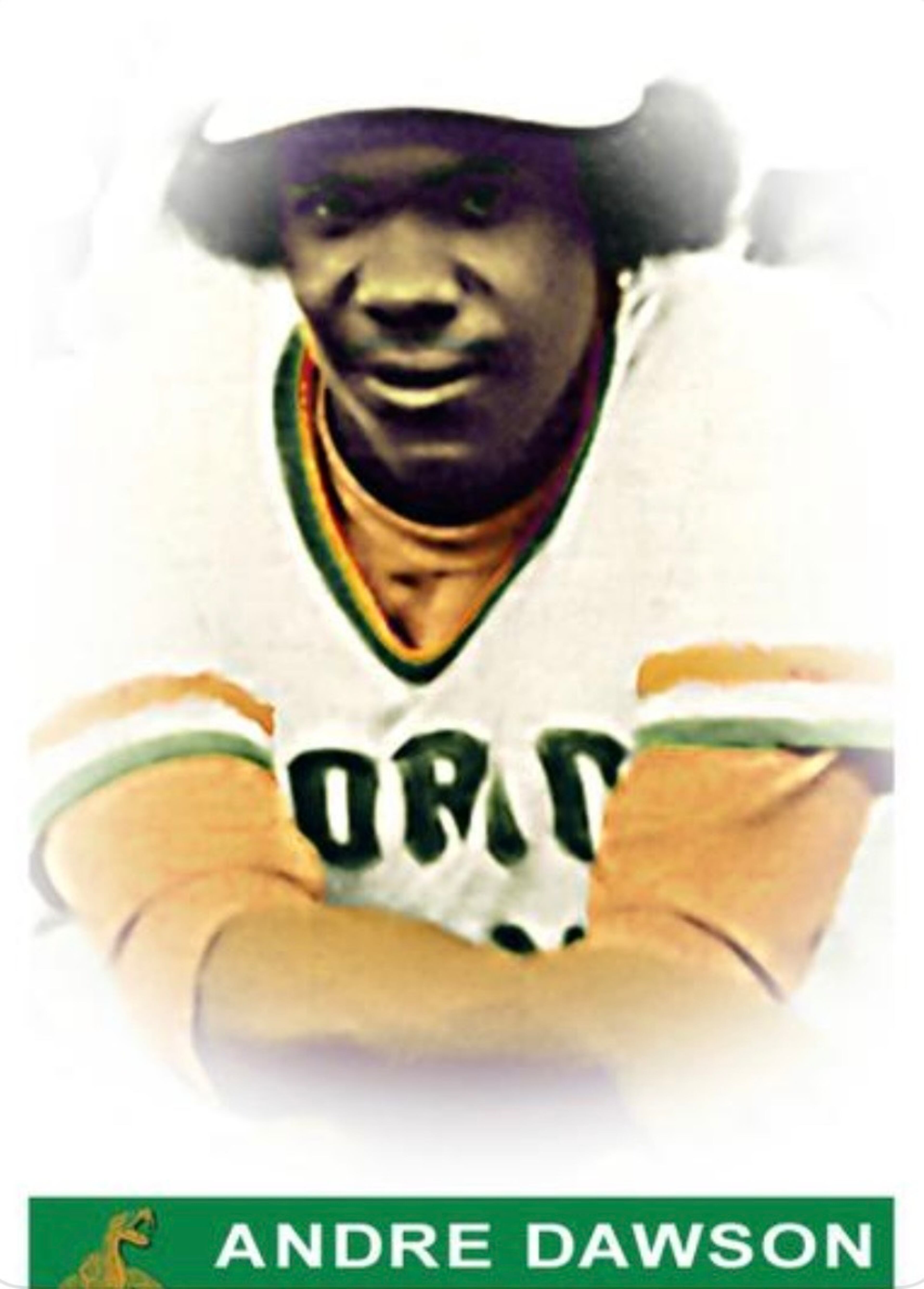
- Larry Doby — Virginia Union University: The first Black player in the American League and a seven-time All-Star. Doby helped integrate the AL just months after Jackie Robinson broke the color barrier in the NL. He was inducted into the Hall of Fame in 1998.
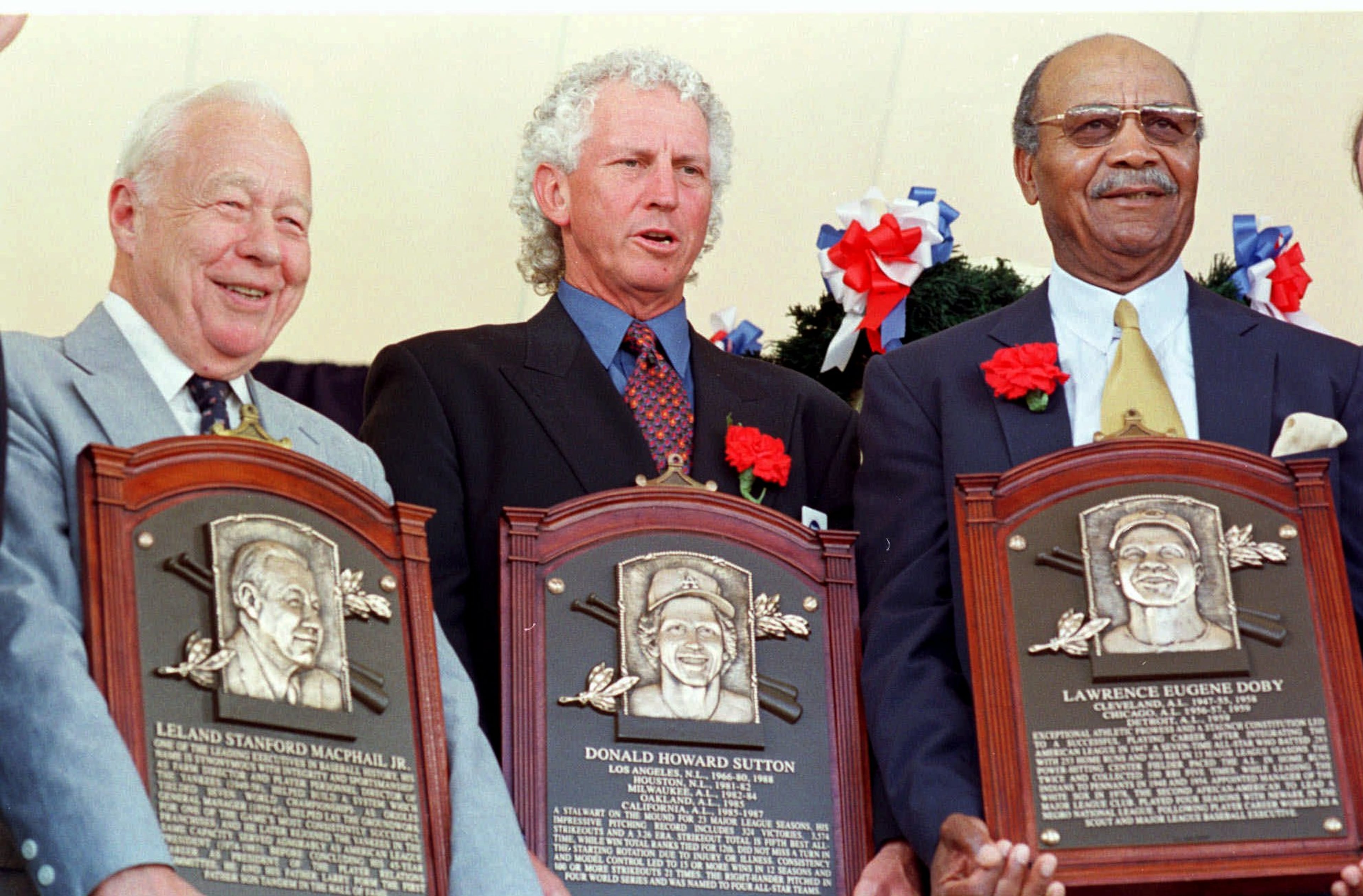
- Rickie Weeks — Southern University: Dynamic second baseman and former No. 2 overall draft pick for the Milwaukee Brewers. Weeks was a two-time All-American at Southern and went on to hit 161 home runs and steal 132 bases over a solid MLB career, including an All-Star nod in 2011.
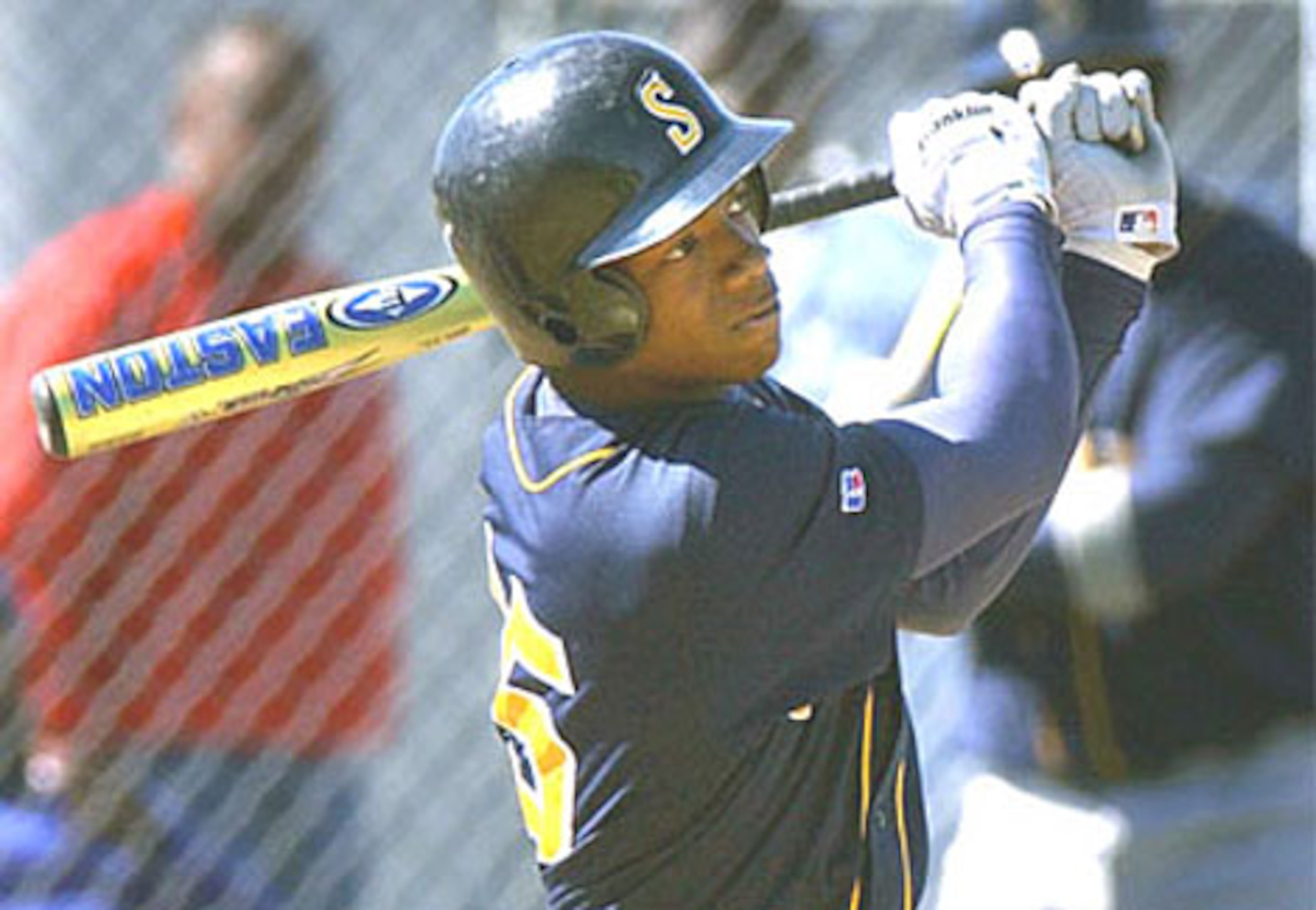
- Hal McRae — Florida A&M: Feared designated hitter and outfielder for the Kansas City Royals. A three-time All-Star and two-time World Series champion, McRae later became a manager.
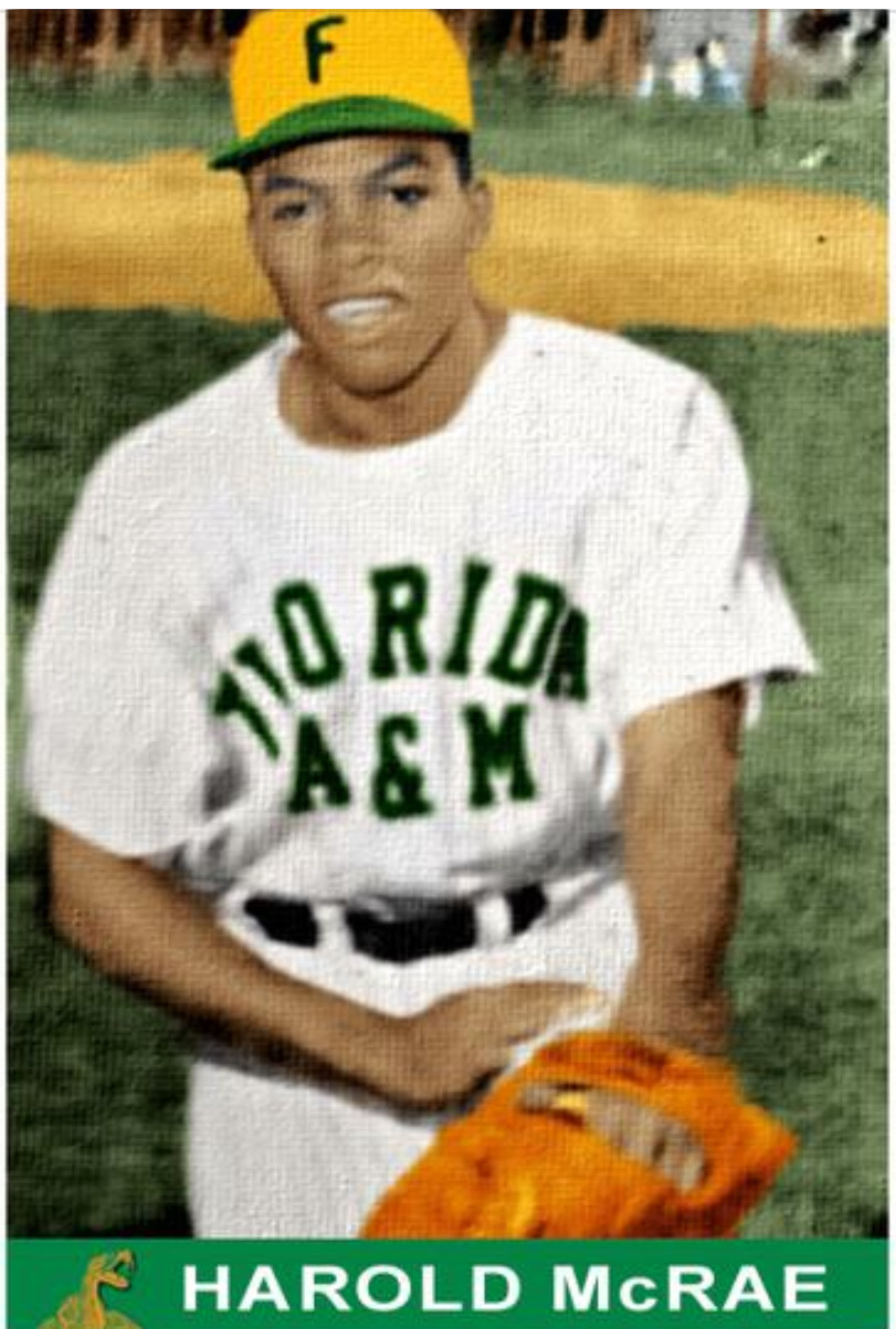
- Marquis Grissom — Florida A&M: Two-time All-Star and 1997 World Series champion with the Atlanta Braves. One of the premier leadoff hitters and center fielders of the 1990s, Grissom stole 429 bases, won four Gold Gloves and played 17 MLB seasons.
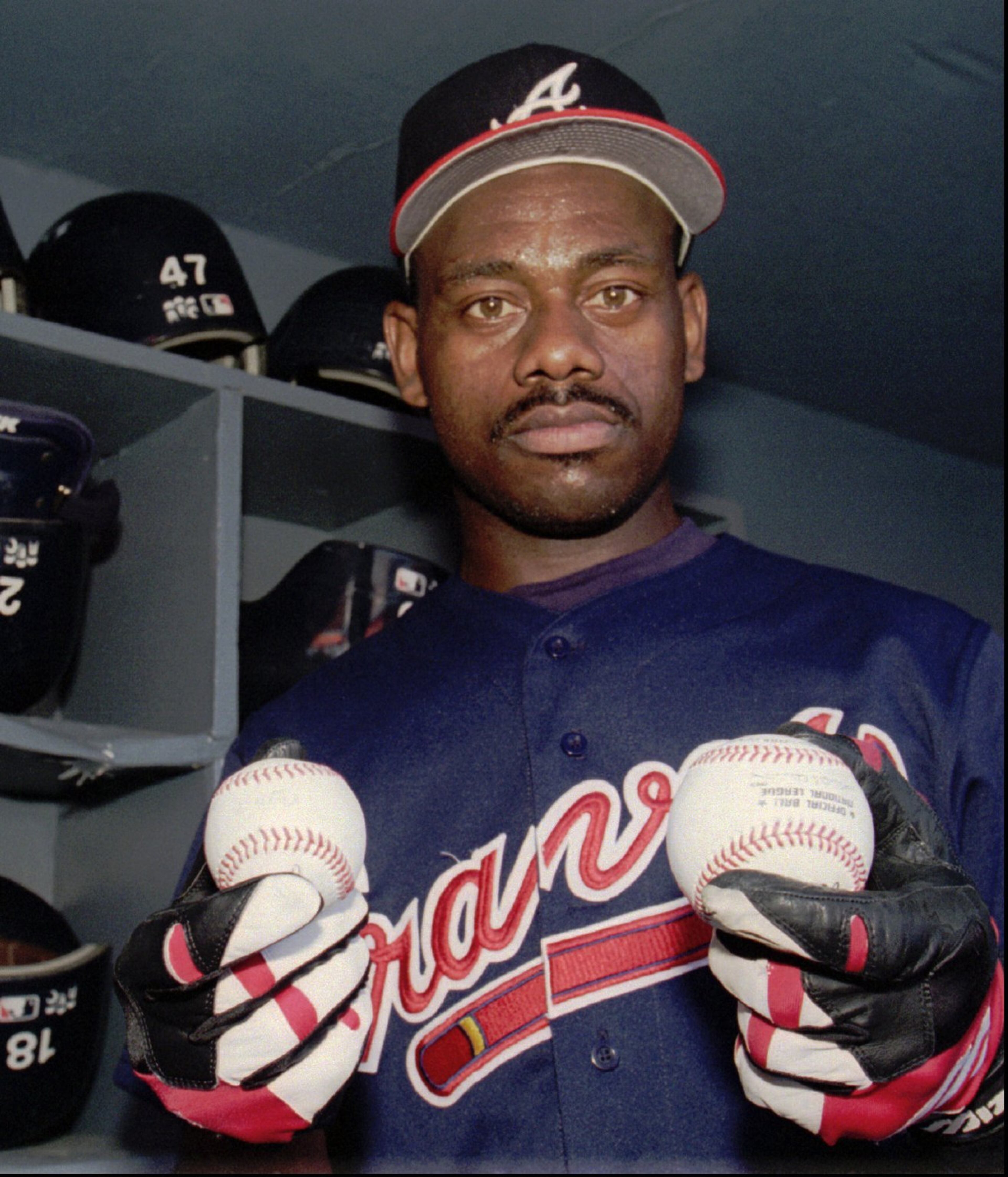
- Donn Clendenon — Morehouse: Clendenon, the 1969 World Series MVP, helped lead the “Miracle Mets” to their historic title. He hit 159 career home runs and was known for his power, leadership and intelligence on and off the field.
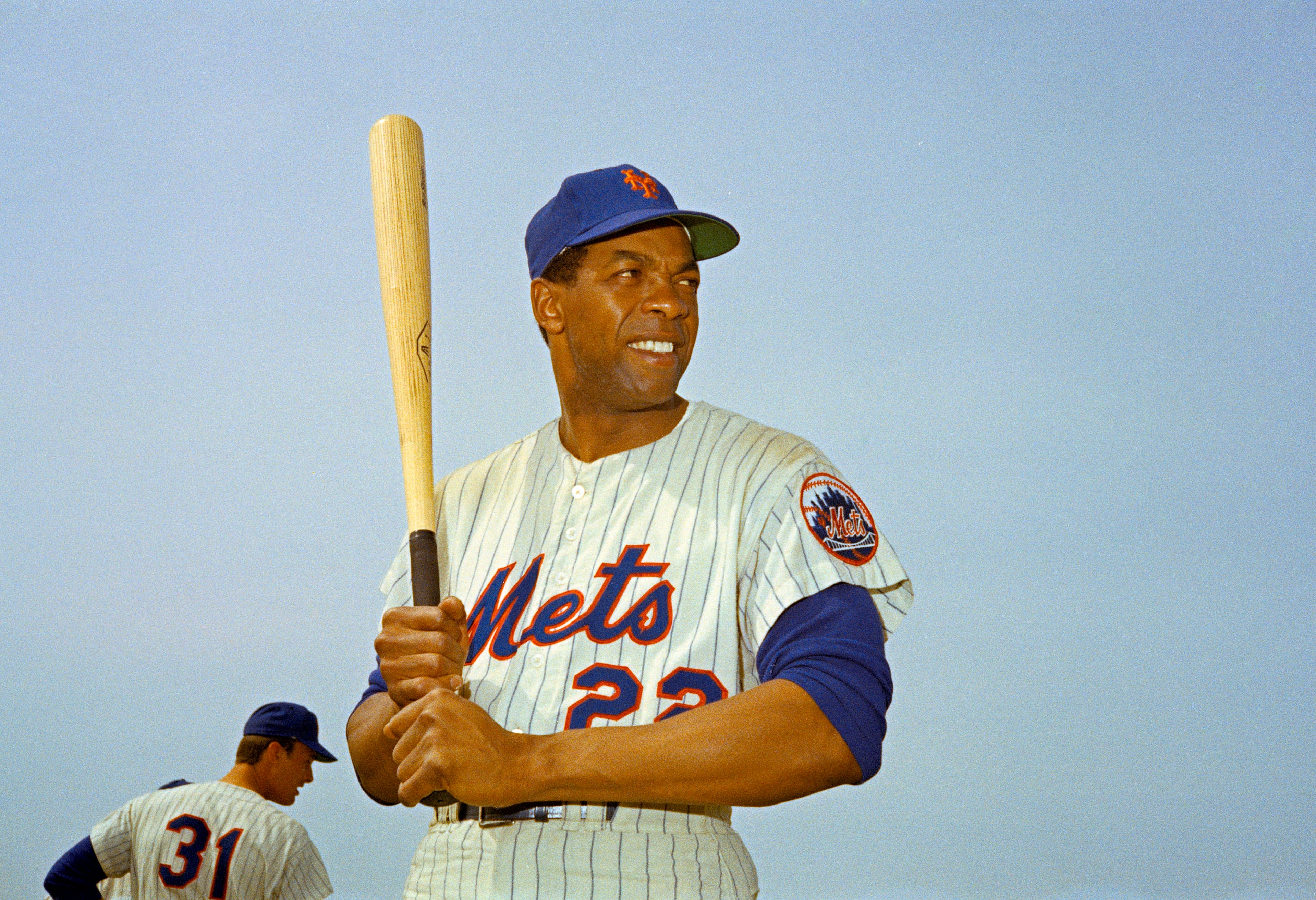
- Vince Coleman — Florida A&M: In his career, the 1985 National League Rookie of the Year stole 752 bases, including three consecutive seasons with more than 100 steals — a feat unmatched in the modern era.
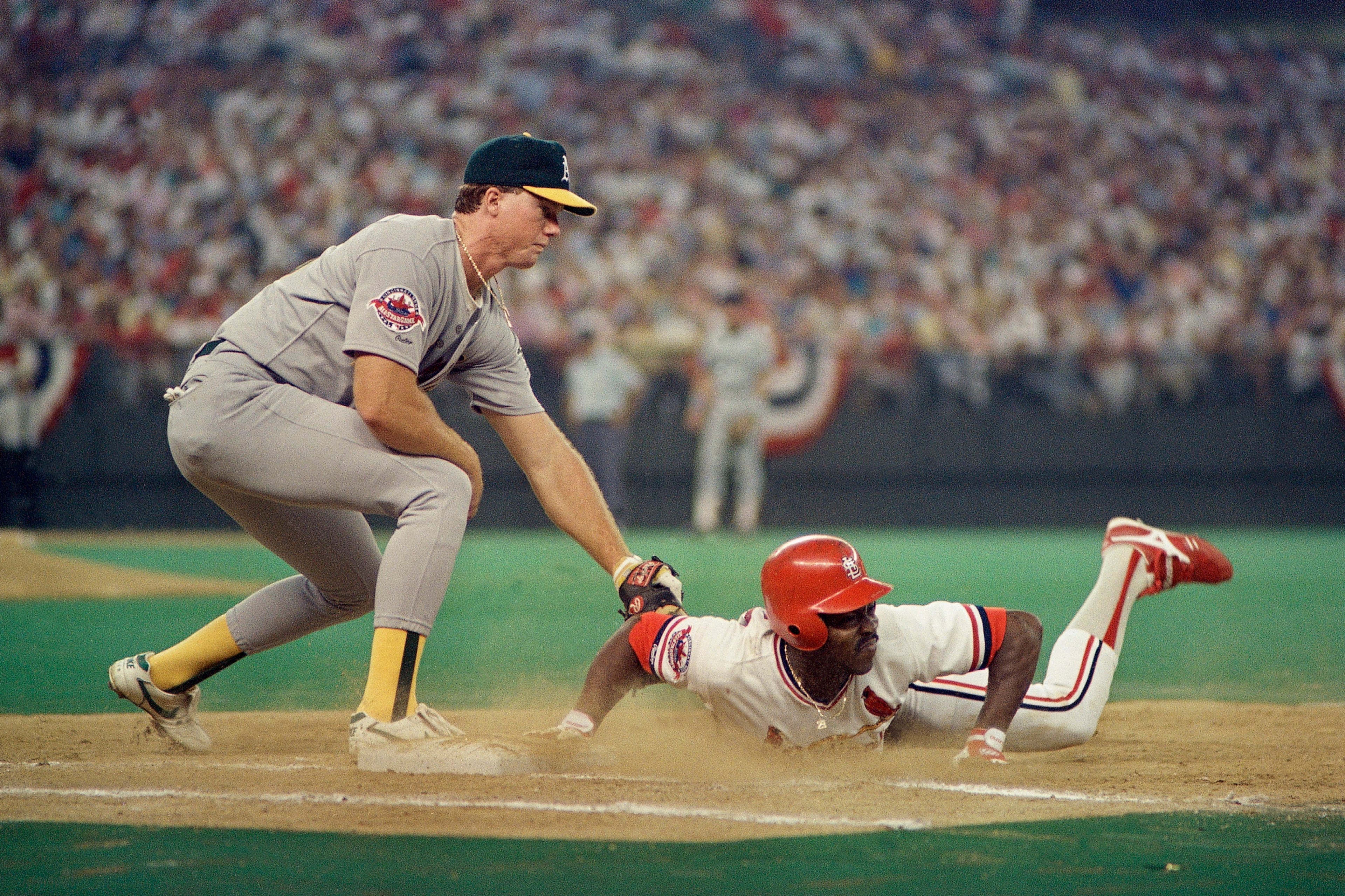
- Joe Black — Morgan State University: In 1952, he became the first Black pitcher to win a World Series game and was named National League Rookie of the Year with the Brooklyn Dodgers.
- Ralph Garr — Grambling State: Known as “The Road Runner,” Garr won the 1974 NL batting title with the Atlanta Braves with a .353 average. A beloved figure known for his speed, energy and impact at the top of the lineup, he finished his career with a .306 batting average.
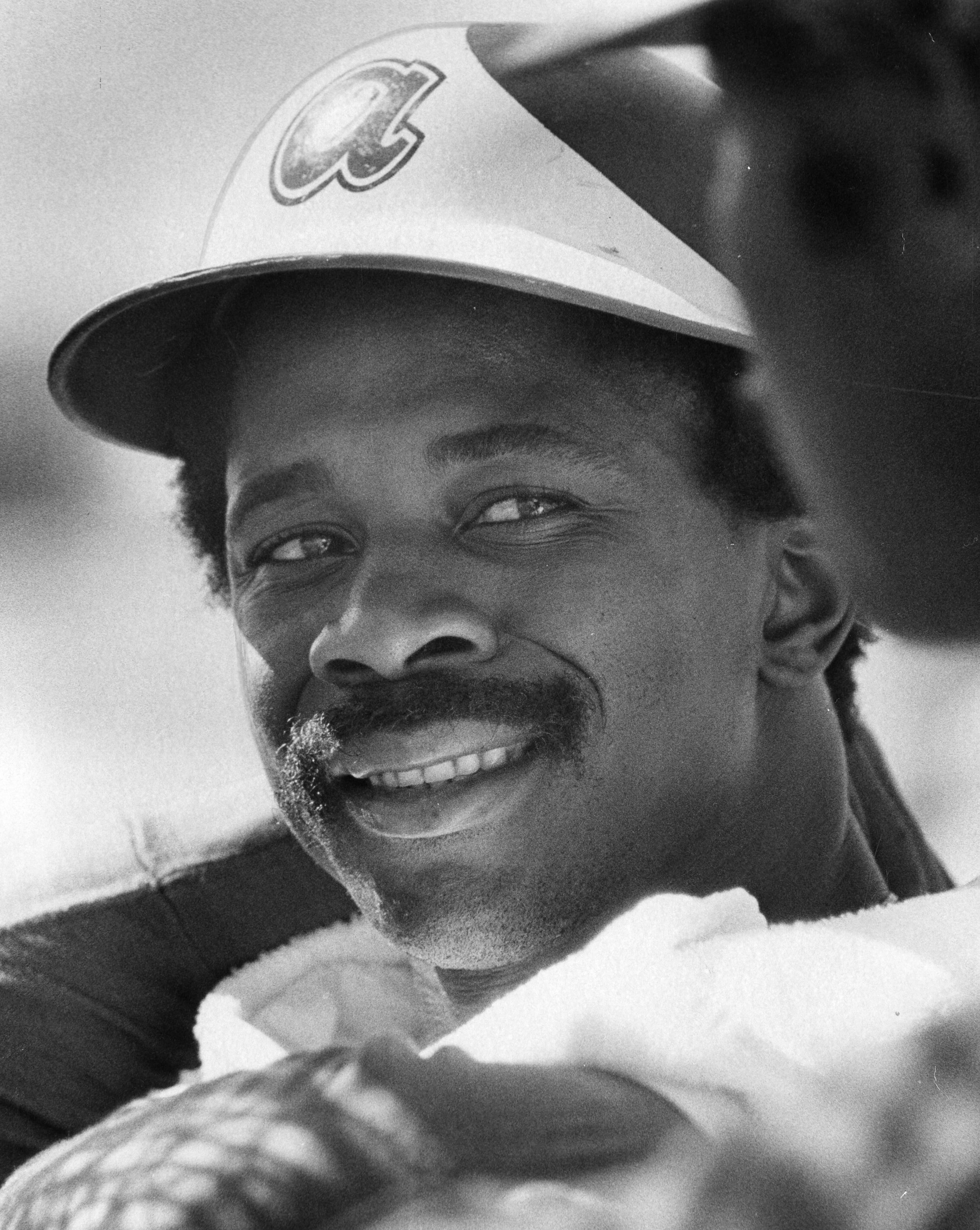
- Oil Can Boyd — Jackson State: A fan favorite and ace for the Boston Red Sox in the 1980s. Boyd racked up 78 wins and was known for his flamboyant personality and big-game pitching.
- Marvin Freeman — Jackson State: Reliable right-hander best known for his breakout 1994 season with the Colorado Rockies, going 10–2 with a 2.80 ERA.
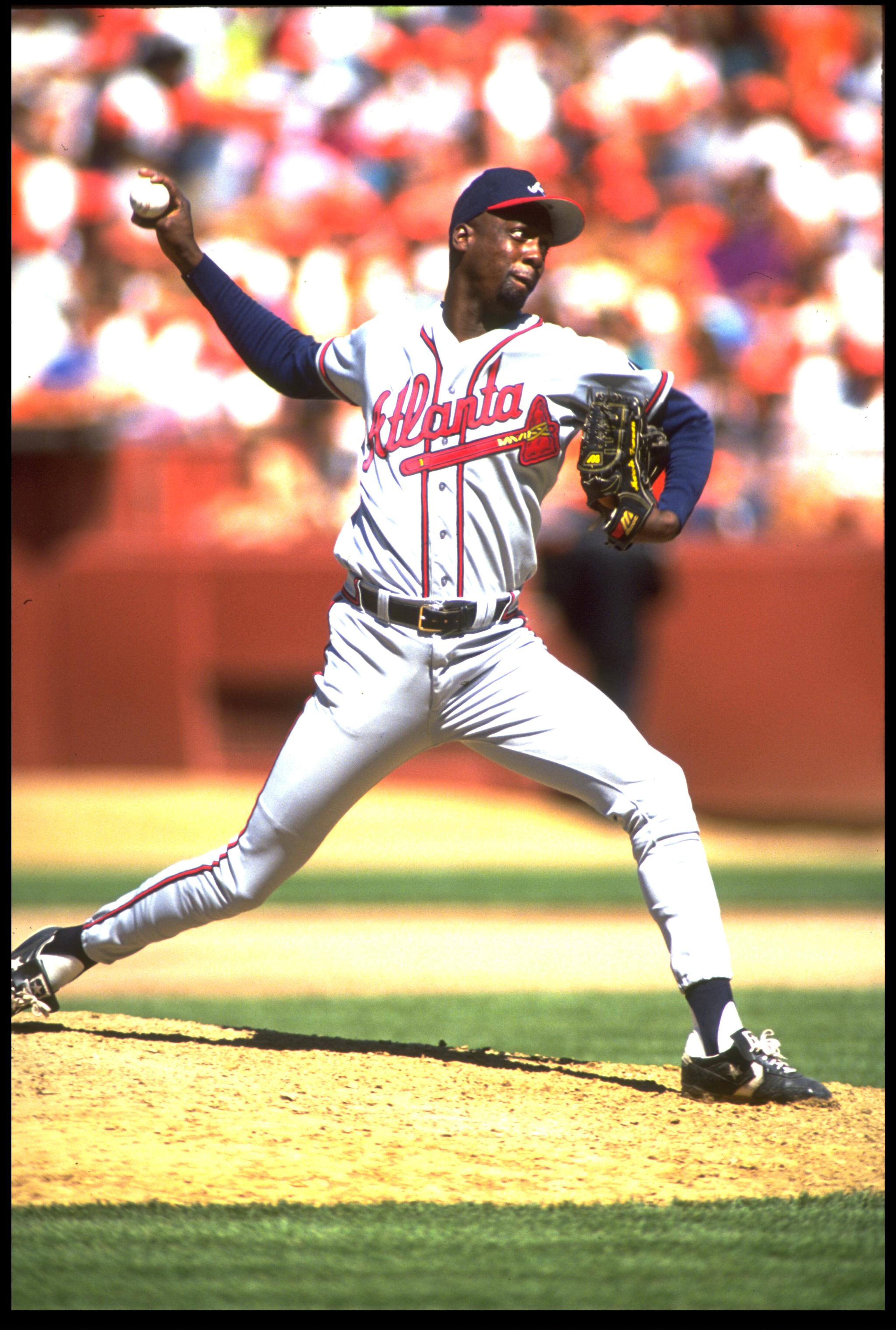
- Earl Battey — Bethune-Cookman University: A four-time All-Star and three-time Gold Glove catcher for the Minnesota Twins and Chicago White Sox during the 1960s.
- Cecil Cooper — Prairie View A&M University: Five-time All-Star and one of the best first basemen of his era. Cooper hit .298 over his career with more than 1,800 hits, mostly with the Milwaukee Brewers.
- Tommie Agee — Grambling State: Gold Glove center fielder and key piece of the 1969 world champion New York Mets. Agee’s two legendary catches in the World Series remain etched in baseball lore.
- Bill Foster — Alcorn State: Hall of Fame pitcher and one of the Negro leagues’ greatest hurlers. Foster starred for the Chicago American Giants and was known for his pinpoint control and complete-game dominance.
- Buck O’Neil — Edward Waters College: A pioneering figure in baseball, O’Neil was the first Black coach in MLB history and a tireless ambassador for the Negro leagues. He was posthumously inducted into the Hall of Fame in 2022.

- Ray Brown — Wilberforce University: Dominant pitcher for the Homestead Grays during the Negro leagues’ heyday. A Hall of Famer known for his big-game performances and sustained excellence across two decades.

